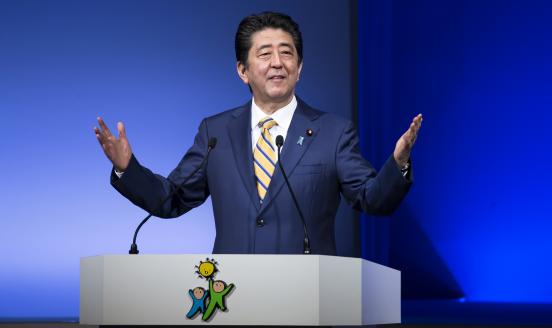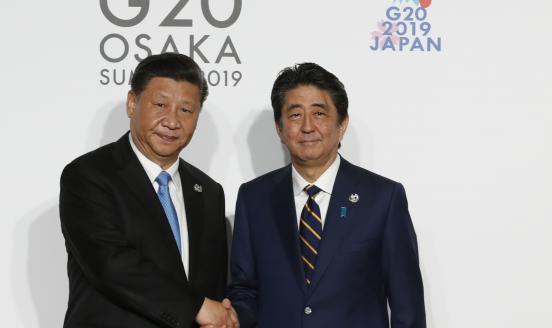The fall of real wages in Japan
A big question for the success or failure of the new economic policy strategy being implemented by Japanese Prime Minister Abe is the development in w
A big question for the success or failure of the new economic policy strategy being implemented by Japanese Prime Minister Abe is the development in wages. A sustained drop in real wages would undermine the purchasing power of households and make sustainably higher inflation, consumption and growth difficult. In this blogpost we document that nominal wages have not kept up with the increase in inflation. In fact, the gap widened substantially prior to the consumption tax hike and the tax hike itself has further aggravated the picture (see graph).
Note: Seasonally-adjusted data. Nominal average cash earnings were deflated by the CPI to obtain real average cash earnings.
Note: Seasonally-adjusted data. Nominal average cash earnings were deflated by the CPI to obtain real average cash earnings.
Source: Ministry of Health, Labour and Welfare and Statistics Bureau of Japan
While nominal wages have been rising, seasonally-adjusted real wages have been decreasing in 15 of the last 16 months in year-on-year terms. In October 2014, the latest month for which data is available, real wages decreased by 1.8% year-on-year. Although the consumption-tax hike of the 1st of April raised prices and led to an immediate drop in real wages, inflation dynamics already in place before the hike implied that the recent upwards trend in nominal wages has not translated into increasing real wages.
This downwards trend in real wages comes as stock prices are high and companies are reporting high profits. Against this backdrop Prime Minister Shinzo Abe, having won the election on Sunday, vowed to “push companies to raise their wages next year”, as the Financial Times reported.


